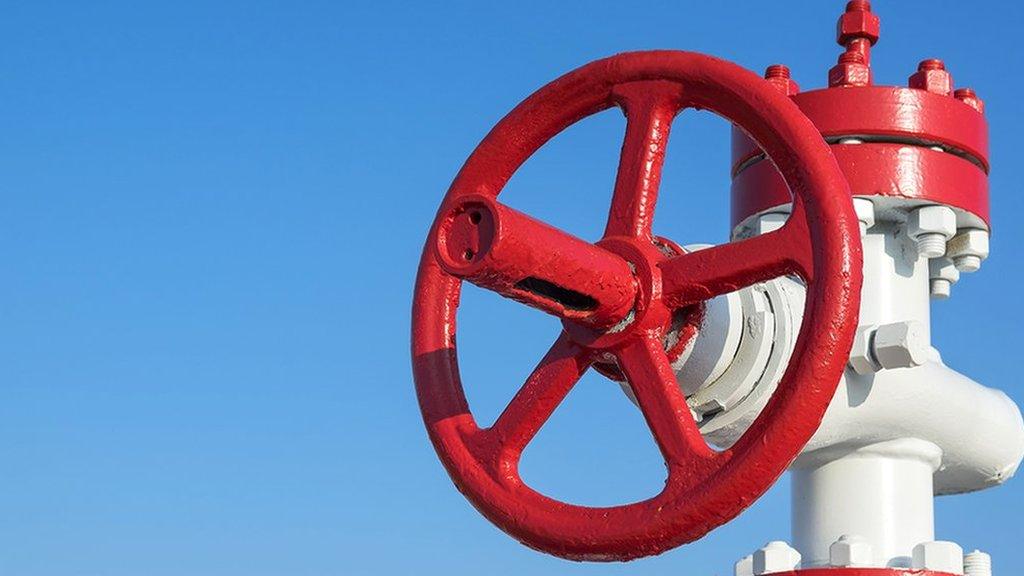How to ‘decouple’ the build-up of explosive price pressures?
- Published
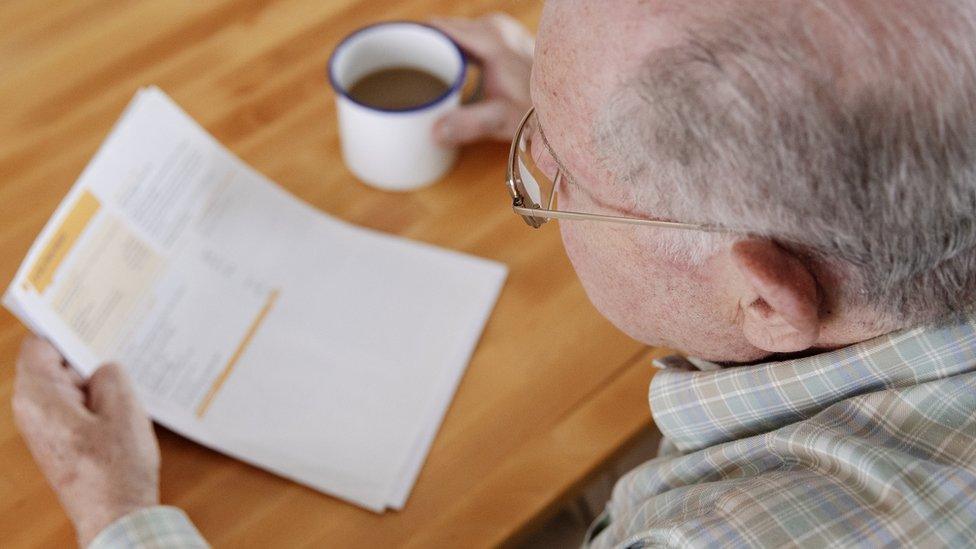
The clamour for government action on the energy cost crisis is widespread across households and business, and with candidates' attention elsewhere, it has become louder to get the attention of the next occupant of 10 Downing Street.
The political pressure is not only to help those most in need, but to reach inflation-struck middle-earners whose votes are important and strongly contested.
The options on what to do range across reduced demand, benefits, grants, tax cuts, nationalisation and something called "de-coupling" of gas from electricity, which would require a bold intervention into the energy market.
How do you define a woman? How fast will you cut taxes and red tape? How will you "suppress" Scotland's first minister? Will you abolish speed limits?
Questions from the Conservative Party members through their summer leadership campaign have been varied, but seem to reflect less concern than the population at large about the rising cost of energy.
Tory card-carriers are less likely to be the kind of people who are already unable to pay last April's 52% increase in the price cap on household fuel, and have no chance of paying the 80% increase being introduced in less than a month.
But such problems are mounting fast. For Citizens Advice, the usual winter worries about fuel bills have become a feature of summer. The call on food banks is sharply up.
Energy utility companies are crying out for a plan from government. They know they're in the front line of potential consumer revolt, and the harm may not just be reputational but financial, if they are left carrying a tonne of bad consumer debt.
Business does not have the protection of price caps. The clamour for help comes from varying sectors of the economy, and will surely become more acute as the rollover to new contracts is typically due in October.
David Hunter, an energy analyst with Schneider Electric, tells me that the prices being faced are eye-watering: some small firms are putting off a decision because they can't see how to pay the higher bills, or because they hope for something better.
But suppliers are also nervy: their offers are sometimes being quickly withdrawn when wholesale prices soar.
Trouble brewing
Scotland's licensed trade warns of pubs and restaurants closing at least for this winter, because they can't afford heating, cooking and food ingredient costs.
Six of the UK's biggest pub operators warned this week of many more permanent closures, with some facing costs up 300% and the average energy bill up around 150%.
One rather crude index of the six main inputs for beer, from grain to aluminium, with fuel for farming and transport costs, suggests brewing faces 62% inflation.
The licensed trade relies on people having disposable income for discretionary spend, and that's precisely what households are cutting back.

The licensed trade relies on people having disposable income to spend
Whisky distillers have had a good run of late, including a strong exporting first half to 2022, but they are also facing pressure from rising costs.
Some are protected for now by hedging contracts signed before this year, but where they're not, their trade body says costs have doubled in a year, with expectations of a further 50% rise next year and as much in their shipping bills.
The quarterly survey from Scottish Engineering, with 143 respondents, has weighed in today with a similar picture: output and the order book remain positive, and more than half of those in the trade body's survey are protected by hedging strategies on energy.
But of those that are not, the average multiple on their energy bills has been a staggering 3.6-fold.
Chief executive Paul Sheerin cites one small, successful exporting company, handling tensile steel, that has a full order book through to next year, but with a five-fold increase in energy bills, its managers reckon they have a duty to seek advice on going into voluntary liquidation.
So what can be done?
Being rational
Reducing energy use is one option where Britain is lagging its neighbours, including turning down thermostats on heating, turning them up on air coolers, and improving insulation.
EU members committed in July to reduce demand for gas by 15%. Germany is doing so with closure of swimming pools and showers, with lower office temperatures when autumn bites, turning lights off in shops, advertising overnight and floodlights on public buildings.
The cutbacks are already having an impact. The EU aimed at getting its storage capacity up to 80%, and with a squeeze on consumption, it has hit that target ahead of schedule. Lightening its grip on the market's demand throttle has seen wholesale prices subside by around a third in the past few days, from staggeringly high levels to merely alarmingly high multiples of the pre-crisis price.
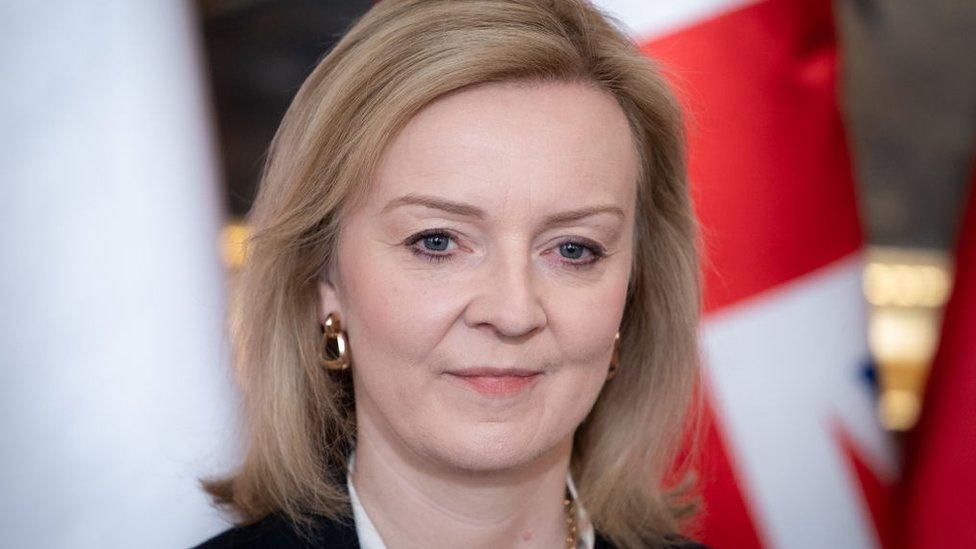
Liz Truss has said there will be no rationing if she becomes prime minister
Another option is rationing by means other than price - though this may become a necessity more than an option. Germany is preparing a plan that won't cut off households, but will see some industries required to shut down temporarily if gas runs low.
It's also preparing a list of those industrial users that will get a ration because they are deemed essential.
Liz Truss, the likely next British premier, was asked this week if rationing will come to Britain. Not on her watch, she said. But those who know the energy market say it's not for her to say, and misleading for her to promise: it depends on supply, which Downing Street cannot control, while Britain is partly dependent on imports.
Option three is a boost to household income, either through tax cuts or grants. While Liz Truss has emphasised tax cuts, or at least a reversal of the National Insurance increase earlier this year, and abandoning the rise in corporation tax, neither is much use for households below the tax threshold or companies that aren't making profits.
The green levy on bills, which she wants to remove, isn't required while renewable power users are selling power at very high rates, so the promise is reckoned by the Institute for Fiscal Studies to come to an average £11 saving over the next three months.
Middle earners
The foreign secretary, until Monday at least, is widely expected to have to reverse her opposition to what she calls "handouts", and her change of tone on the subject has done a modest amount of preparation for that U-turn.
Boosting benefits closer to the level of need for those who depend on them is targeted.
But there's a new problem that has emerged from the scale of the crisis: many of the people who are struggling to pay these bills are not within the benefits system, and therefore harder to reach with extra funds.
And one reason why they are surely bound to get attention is that Tory backbenchers will soon be telling their new leader and prime minister that these people, across the middle of the earning range, include a lot of Conservative voters.
The Resolution Foundation think tank has run some numbers that show a drop in real income, right across that earnings spectrum, of around 10% over the next two years - the sharpest drop since the First World War - and many middle-income households are unable to handle that without a lot of pain.
State-holders
Then what about intervention in the energy market? It's clearly unfit to handle this scale of pressure, and some emergency reform is where the European Union is heading, with a plan due out next week.
France's initial approach, of forcing a tight cap on prices, with the cost dumped onto nationalised utility EDF, is now acknowledged to be unsustainable. That was a short-term measure that got President Macron through his re-election, but it looks unaffordable in a longer-term energy cost crisis.
That French idea of nationalising energy companies is favoured by some for Britain, including the Trades Union Congress, but does not do much to remove the problem, where energy prices are set across international boundaries, and utility firms still need to source their energy from international markets.
Nationalising upstream energy producers would be expensive and could put a big chill on investment more widely.
Super-profits
It's around this stage that the word "decoupling" is to be heard. So what does that mean, when it's not "conscious uncoupling", the term famously used by actor Gwyneth Paltrow to describe the considered manner of her divorce?
I've been asking around the energy sector, and it seems to be focused on removing the link between the market prices for gas and electricity.
As a reminder, while Britain uses gas to generate around 40% of its electricity, that drives the price of power.
So why is that price link so close, and fail to reflect the minority share of gas? The answer is that the price is set each half hour by the cost of the marginal supply necessary, and that's usually gas.
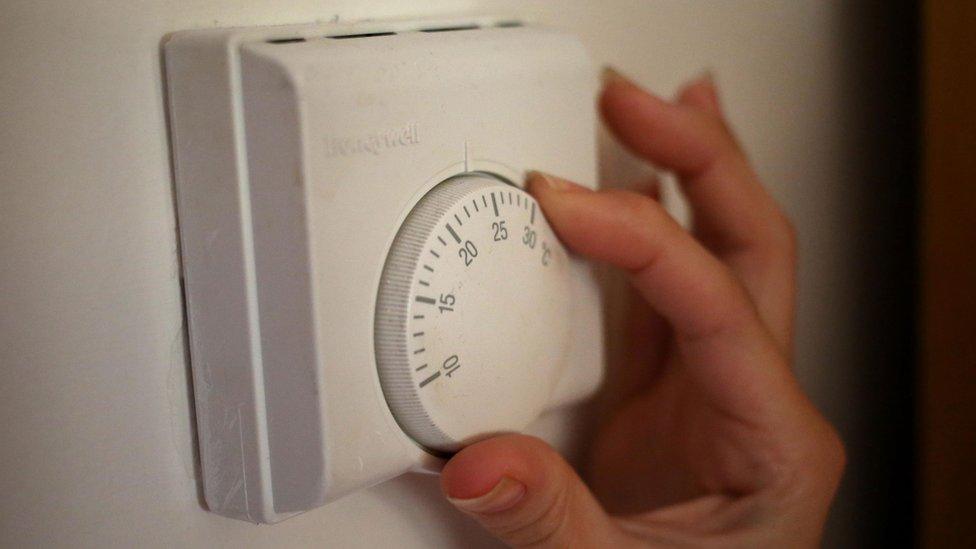
The power grid takes what it can from wind and solar generation, with some biomass and nuclear and the last remnants of the coal-burners. But to meet demand, because they are flexible and reliable, it then turns to gas-fired power stations. And while their costs remain so high, the price they charge per unit is also high.
That is then the price that everyone in the market receives per unit of electricity. The idea behind "decoupling" is that it need not be that way.
Newer wind turbines have been backed by a funding mechanism that promises a floor price, but when the price per unit generated is above that, they give back the difference. However, that "contract for difference" mechanism only covers around a fifth of wind power.
Other, older wind power generators are making big profits. So are the owners of hydro schemes built in the 1950s with very low costs now, and nuclear power stations, the initial investment paid off, and now heading towards retirement.
Hefty political price
The question for the UK government, along with its regulator Ofgem, is how to tackle that windfall.
Do they tell those companies that they can only charge a maximum rate per unit of power, significantly below the market price being driven by gas? Or do they let the companies make their super-profits, and then slap a windfall tax on them?
The European Commission may lead the way on this next week, and of course, decoupling does not make the gas price problem go away. Britain can hope to find out once it has a new prime minister, and once that person has had the Treasury briefing.
If it is Liz Truss, as seems likely, she has said she is against windfall taxes. She's also said she doesn't much like the Treasury.
She has set low expectations of what she will do in response. That gives her an opportunity to under-promise and deliver big time, winning her momentum through the crisis.
But if she doesn't come up with a "big bazooka" response to the crisis, there could be a hefty political price to pay. It may not just be the electricity and gas prices that are getting decoupled.
- Published2 September 2022

- Published1 September 2022
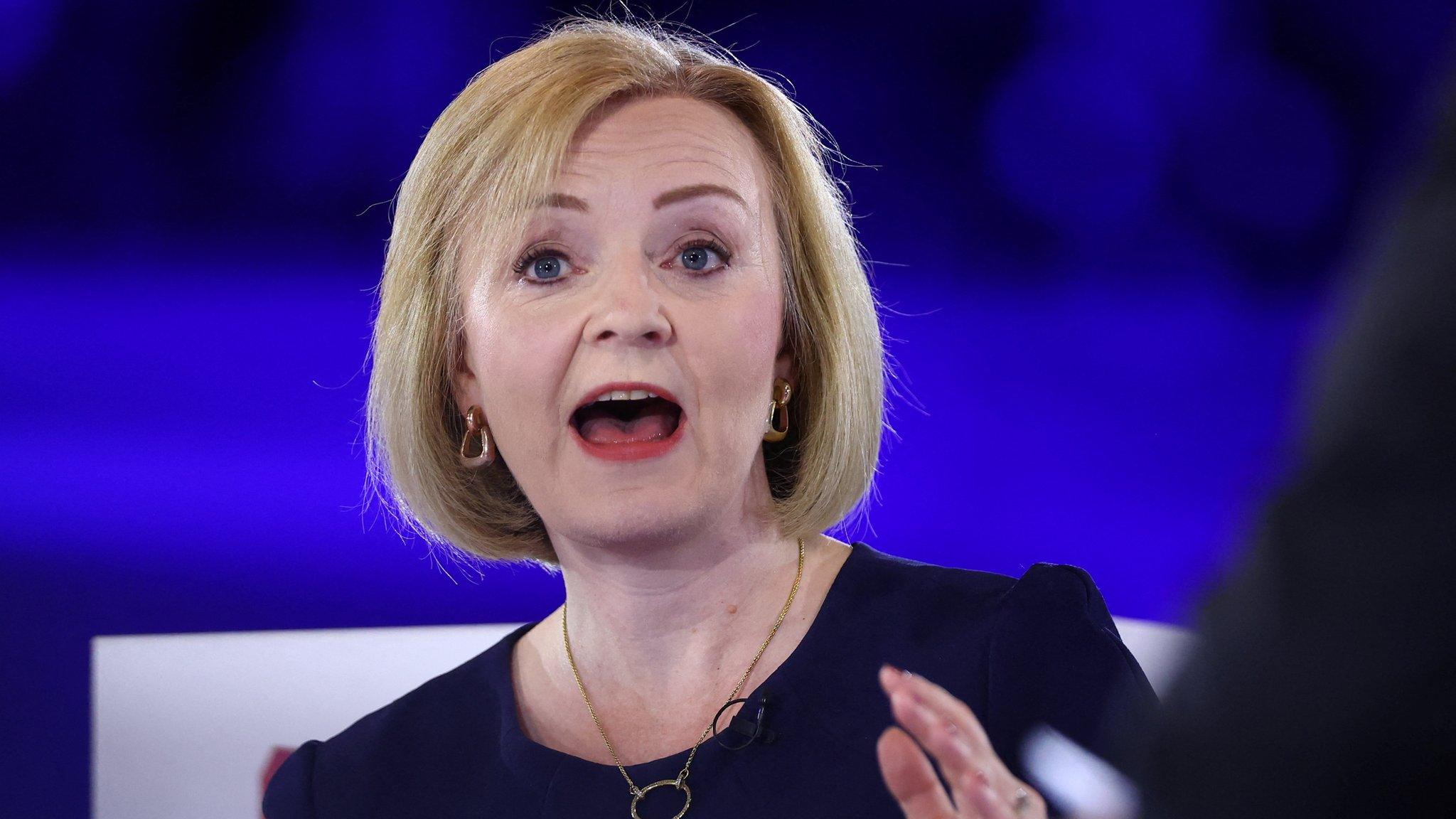
- Published1 September 2022

- Published26 August 2022
- Published26 August 2022

- Published26 January 2023
